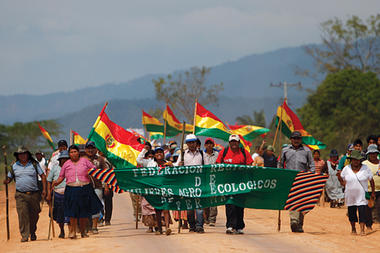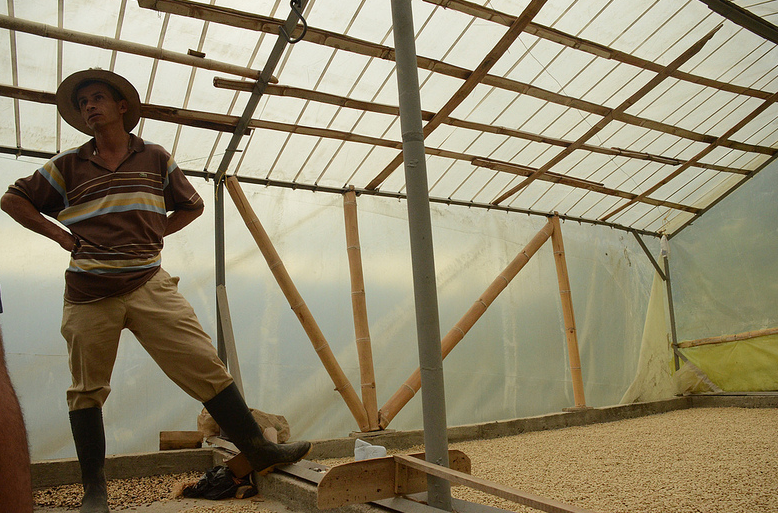As the new year begins, members of the media, researchers, academics and politicians are all trying to guess what will happen in 2012 (recently I was interviewed about the future of U.S.-Venezuela relations and the future of the Occupy protests and their effect, if any, in the upcoming U.S. presidential elections). When it comes to Latin America, this year we will see presidential elections in Venezuela and Mexico; obviously, like the rest of the world, Latin Americans will follow the U.S. presidential elections and we will try to guess how U.S. foreign policy towards that region will change, if at all, depending on whether President Obama gets re-elected or a Republican candidate (yet to be decided), wins.

Regarding Latin America, my opinion is that we will see more land-related issues (read protests) in several countries, more so than we have seen already. Latin Americanists will remember the infamous Baguazo in Peru in June 2009, during which major protests erupted as native Peruvians opposed oil development in the Peruvian Amazon. A total of 34 people died before the protests were brought under control, including 24 police officers dead and 10 civilians. In 2011 there were other similar protests. For example this past July, three people were killed in Argentina after violent clashes when the police moved in to evict protesters from land belonging to a sugar company. Reports explain that “about 700 families demanding land and housing had occupied the land in the small town of Libertador General San Martin in the northern province of Jujuy, one of the poorest areas of Argentina.”
Then, in September, thousands of Bolivians protested the construction of a highway which would pass through a natural reserve in the land-locked country. The Bolivian government said the road is essential for development and would encourage trade. Then, on mid-October in Chile, indigenous Mapuches blocked four logging trucks and detained the workers for eight hours. The demonstration was done to call attention to the fact that the logging was being conducted on Mapuche ancestral lands. Finally, in early December, protests again occurred in northern Peru against a gold mine in the northern region of Cajamarca. Local citizens believe that the proposed Conga mine will pollute the local water supply which will affect thousands of people that live in the area.
Certainly, the importance of land issues in Latin America will continue to grow in the coming year and, most likely than not, we will see more of these massive protests.

Reply